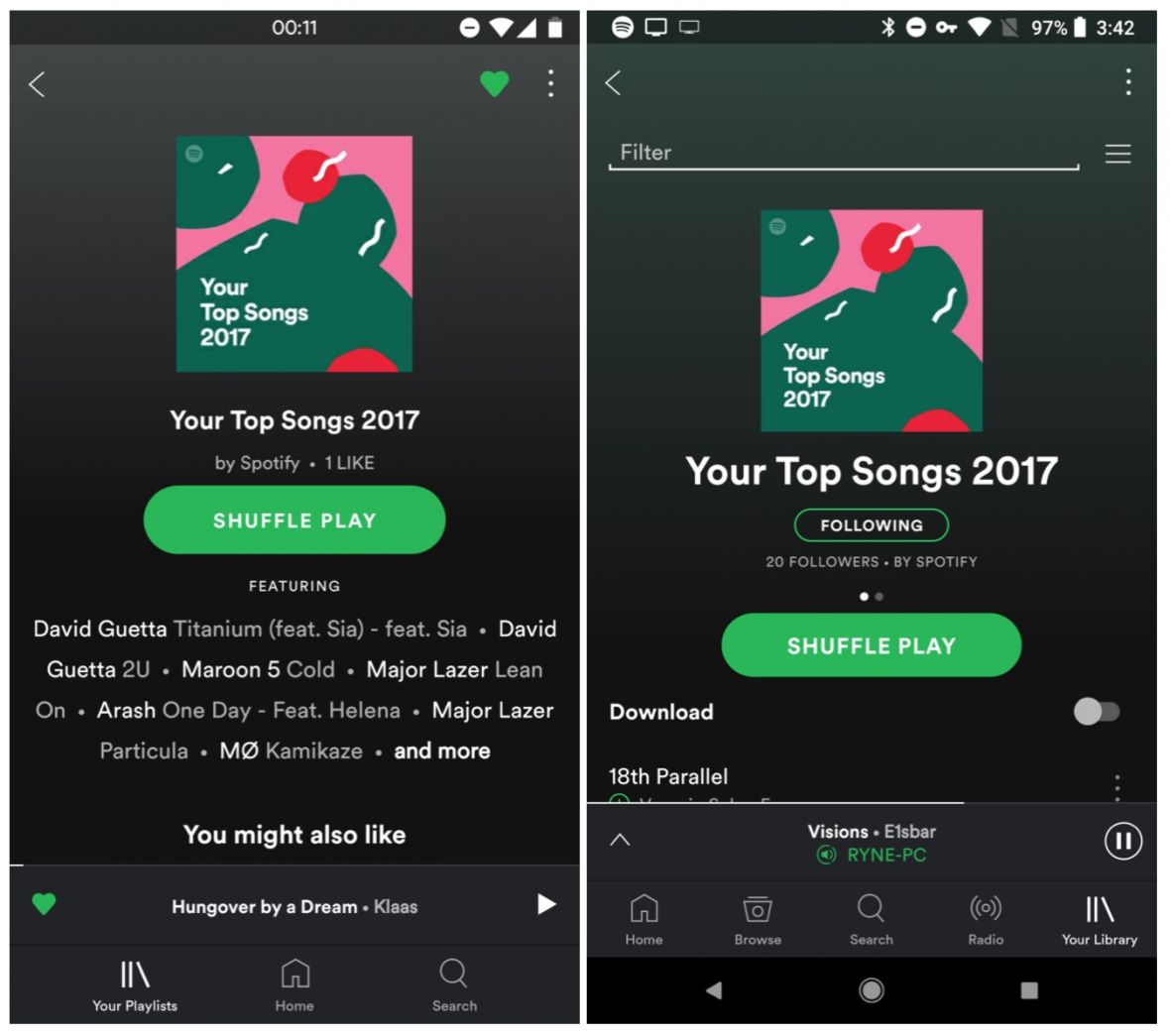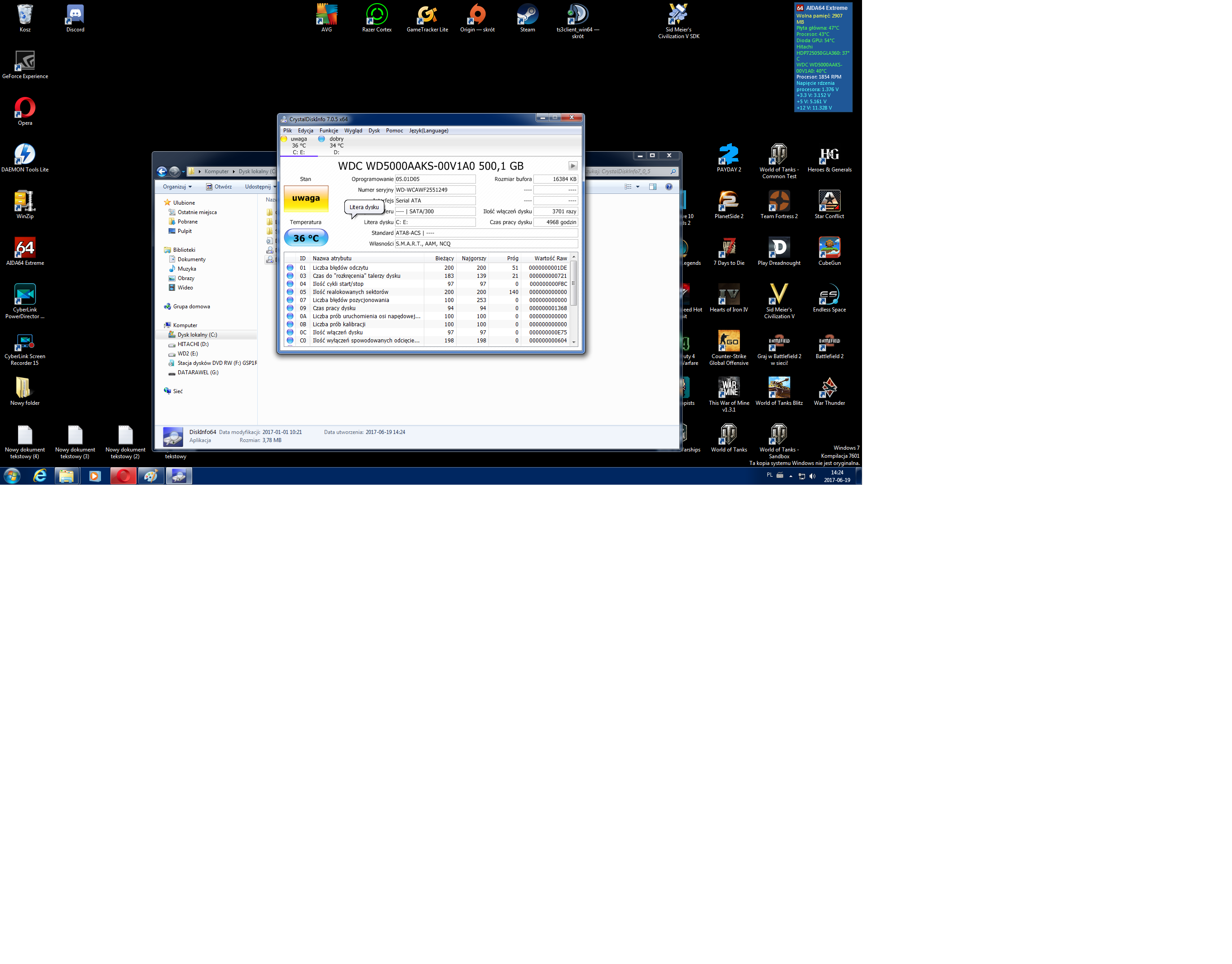
Community based, after school, programs as key component of extended education In this presentation I develop the main findings in relation to school age educare as a part of a sustainable education, with the perspective that staff´s language use is a crucial aspect to consider when studying school age educare. Individual constructions of the child includes a higher degree of agency and responsibility and where often talked about in terms of problematic behavior and specific needs.

Is it to foster the child to become individually responsible for actions or to become a responsible individual in a group?īy using positioning theory and systemic functional grammar (SFG) as theoretical and analytical frames in studying school-age educare staff´s collegial reflection talks, my main findings are that children are more frequently construed as a group, with limited agency and responsibility, and talked about as a group that mainly is moving around between different locations. That brings on questions about school-age educares role and contribution in sustainable education.

What consequences derives from being construed as an “I” or a “We” at school age educare? In my study, by verbally constructing the child in collegial reflection talks, school-age educare staff tend to talk about the child more frequently as a group than as an individual. Sanna Hedrén, PhD student, University West, Sweden Abstract

Is There an ”I” in ”We”? – Teacher´s Discursive Formations of the Child in Swedish School Age Educare


 0 kommentar(er)
0 kommentar(er)
